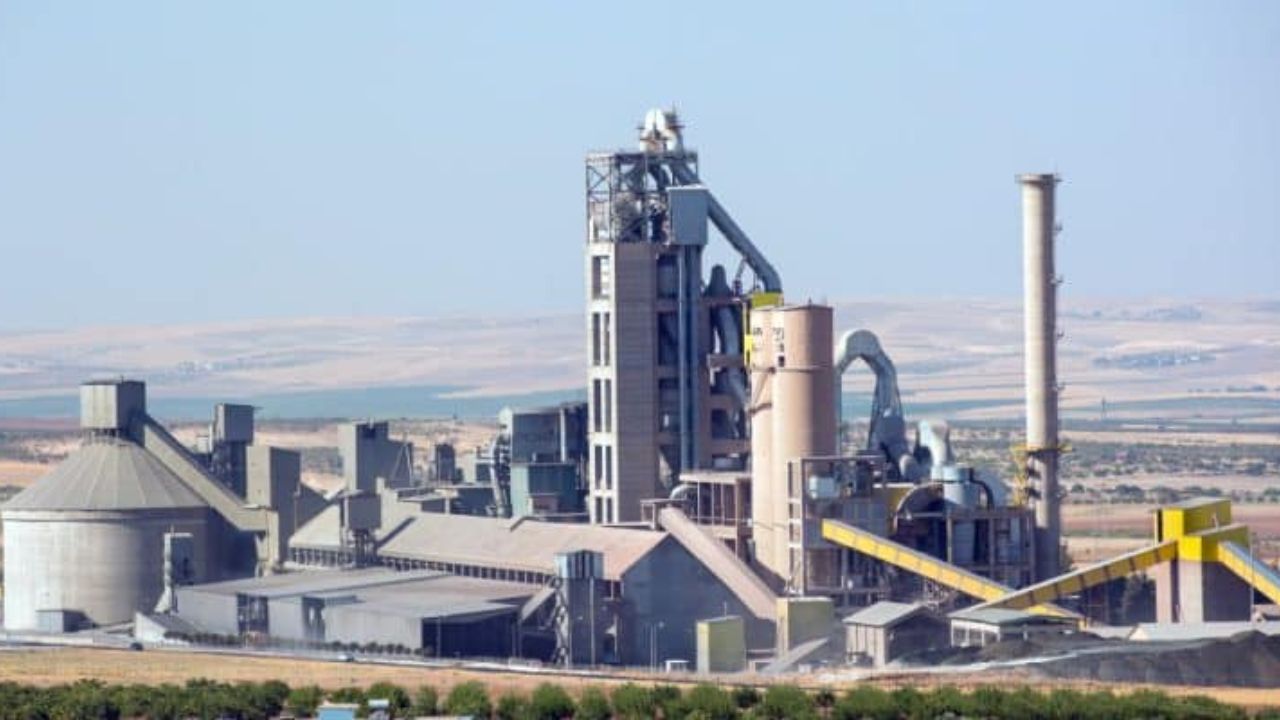The Senegalese government has secured a financing deal from the World Bank Group to produce low-carbon cement.
Accordingly, the plant is in line with the Paris Climate Accords, an international treaty on climate change.
The International Finance Corporation (IFC), announced the $258.9 million agreement in partnership with Sococim.
IFC is an arm of the WB while Sococim is a subsidiary of French cement maker Vicat S.A which will undertake the project.
“The package comprises a €120 million loan from IFC’s own account and €122 million equivalent in local currency parallel loans from Société Générale Sénégal, CBAO Groupe Attijariwafa Bank, Banque Internationale Pour Le Commerce et l’Industrie du Sénégal, and Ecobank Sénégal.
Société Générale Sénégal will be the administrative agent to manage the local currency financing with the other lenders,” said IFC in a statement.
Need for Low-Carbon Cement
Cement production emits a significant amount of carbon dioxide because of the clinker, an element inside the product.
According to Imperial College London, clinker constitutes around 7 percent of total annual energy and industry emissions.
Major Western cement companies such as Cemex, Heidelberg Cement, and LafargeHolcim emit between 561 and 622 kg of CO2 per ton of cement.
Consequently, Sococim’s ambition of producing 6,500 tons of low-carbon cement per day at the Rufisque plant would emit between 3.6 and 4 million kg of CO2, approximately 35 percent of Senegal’s yearly CO2 emissions.
But according to IFC, Sococim plans to replace part of its current clinker lines with one new fuel-efficient one, utilizing up to 70 percent of alternative fuels and boosting energy efficiency.
Noteworthy, this will help reduce greenhouse gas emissions by 312,000 tons of CO2 equivalent per year by 2030 – enabling Sococim to produce cement with one of the lowest emission rates in the world.
Driving sustainable development
“IFC’s landmark investment in a hard-to-abate sector aims to not only accelerate the decarbonization process in Africa’s cement sector, but also drive sustainable development, economic growth, and boost affordable housing development in Senegal and beyond,” said IFC Managing Director, Makhtar Diop.
At the same time, IFC has had a long-standing relationship with Vicat, supporting the company since 2007 in its investments in India, Kazakhstan, and Senegal, and in its efforts to reduce the cement industry’s carbon footprint.
“IFC has been a trusted long-term partner to both Sococim and Vicat. Today, it is helping us create a cleaner and more efficient African cement industry at a time of unprecedented economic and population growth in the region,” said Vicat’s CEO and Chairman, Guy Sidos.
The deal will also create more jobs, even as the state seeks to bridge the housing units gap in the country.
Last year, Foncier et Rénovation Urbaine inked an agreement with IFC to create 20,000 housing units in Senegal.
The lease-purchase deal, of March 24, 2022, consists of obtaining excellent housing from developers and making it accessible to low-income individuals via a rental scheme with the opportunity to buy.


